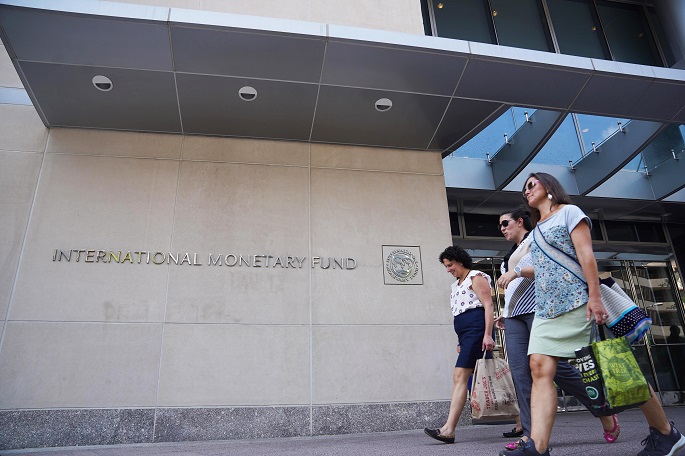IMF forecasts 1.5% growth of Finnish economy in 2025
Published : 21 Jan 2025, 22:28
The Finnish economy is projected to have contracted by 0.3 percent in 2024 before rebounding to around 1.5 percent in 2025, according to the forecast published by the International Monetary Fund (IMF) on Tuesday.
The growth was forecast as private investment and consumption will recover alongside easing interest rates and stabilizing house prices, said IMF in a press release.
External demand will pick up somewhat but will be offset by stronger imports. Risks remain tilted to the downside, with intensification of regional conflicts and geopolitical fragmentation.
Structural challenges, such as adverse demographics and low productivity growth, weigh on the medium-term outlook.
Supported by the recent VAT hike and recovering domestic demand, inflation is expected to stabilize around 2 percent in 2025.
Employment remains robust, driven by lower real wages, increased immigration, higher public employment, and increased participation rates. Inflation has temporarily fallen below 2 percent, reflecting declining energy prices and subdued domestic demand.
The IMF welcomed Finland’s strengthening growth momentum following the 2023 recession and the decline in inflation.
However, the outlook is clouded by longstanding structural challenges, including from low productivity growth and aging population, and risks are tilted to the downside, particularly on the external front.
To strengthen the economy’s resilience, the IMF highlighted the need to ensure fiscal sustainability and financial stability, while implementing structural reforms focused on boosting potential growth.
Directors of the IMF commended the authorities’ ongoing fiscal efforts, while emphasizing the need for additional consolidation to reverse public debt dynamics amid pressures from defense and aging‑related spending.
They concurred that the adjustment should involve both spending and revenue measures, while protecting productivity‑enhancing spending, including public investments, education, and R&D.
Directors were encouraged by the resilience of the banking system but noted remaining pockets of vulnerability, including from high reliance on wholesale funding, household indebtedness, and cross‑border risks.
They welcomed the reinstatement of the systemic risk buffer and recommended further strengthening of the macroprudential toolkit.
Directors commended Finland’s initiative in conducting joint Nordic and Baltic‑wide banking sector stress tests, and urged continued monitoring of financial stability risks related to non‑bank financial institutions. They also encouraged further strengthening the AML/CFT framework.
They agreed that structural reforms are essential for enhancing Finland’s potential growth.
They welcomed the recent labour market reforms, and encouraged further efforts to increase labour force participation rates, reduce skill mismatches, and address the steep decline in average hours worked since the pandemic.
Exploring further measures to improve productivity, including by easing access to risk capital, reviewing barriers to entry into the services sector, and promoting the deepening of the European Single Market, will also be key.
Directors considered that strengthening the role of carbon sinks through additional policy measures, including taxes, will be important to help meet Finland’s ambitious national climate mitigation targets.


